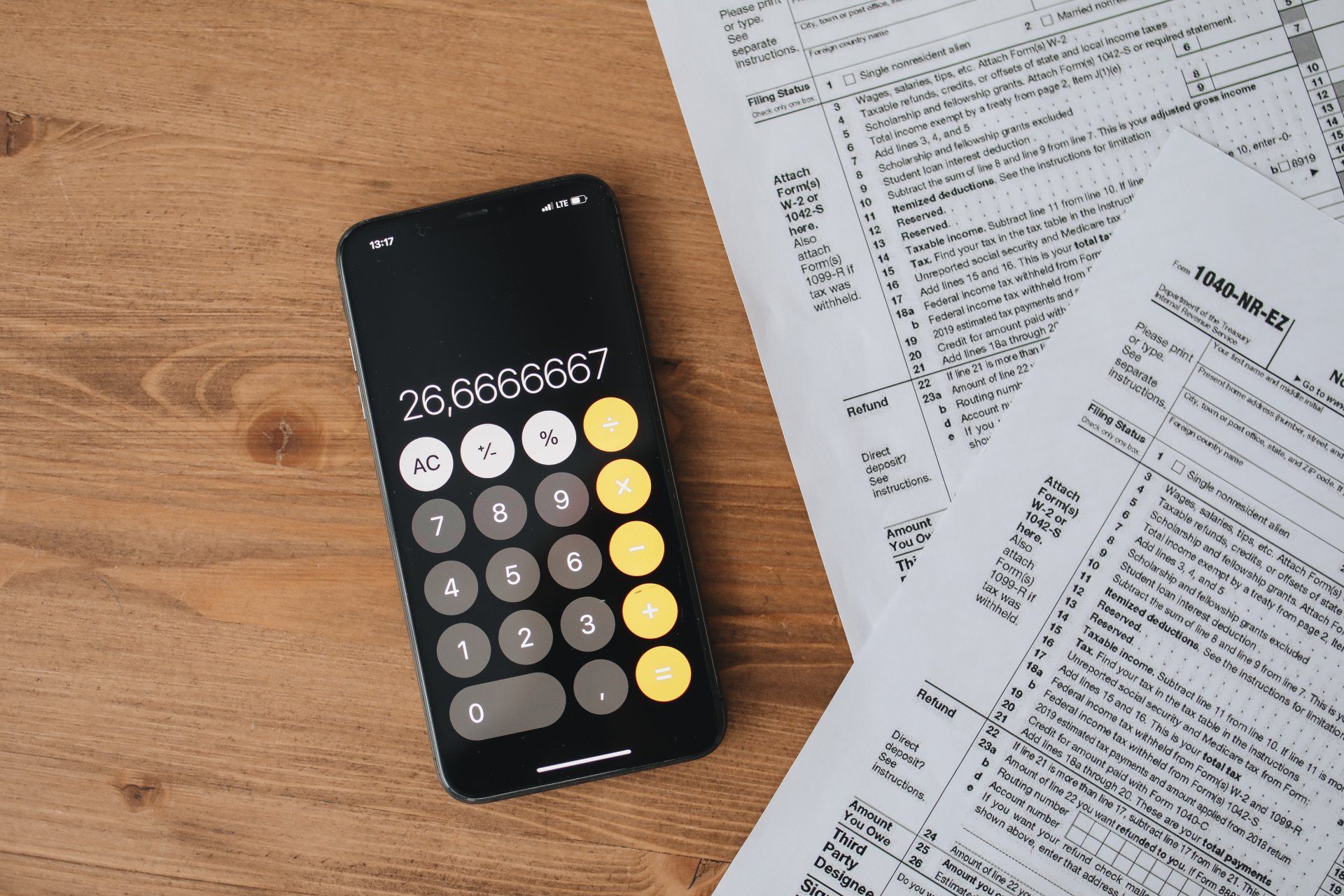House Passes Proposed Section 899
On May 22, 2025, the U.S. House of Representatives (“the House”) passed H.R. 1, the budget reconciliation bill known as the “One Big Beautiful Bill Act.” The reconciliation bill introduces a new section, Section 899, titled “Enforcement of Remedies Against Unfair Foreign Taxes,” to the U.S. tax code. It has the potential to significantly impact non-U.S. investors and businesses engaged in business in the United States. Here, we break down the main components of this proposal and what they mean for non-U.S. taxpayers.
Tax Rate Increases
The first main component is an increase to certain tax rates. Under the proposal, the specified rate of tax that applies to an “applicable person” is increased by an “applicable number of percentage points.” The specified rates of tax generally are:
(i) the 30-percent rate imposed on Fixed or Determinable Annual or Periodic income (“FDAP income”) (such as dividends and interest) and certain other types of U.S.-source income of a foreign corporation;
(ii) the 21-percent corporate income tax imposed on a non-U.S. corporation’s ECI;
(iii) the 30-percent rate imposed on divided equivalent amounts of a branch (i.e., branch profits tax);
(iv) the 30-percent rate imposed on FDAP income, certain capital gains, and certain other types of U.S.-source income of nonresident alien individuals;
(v) the individual income tax rates imposed on nonresident alien individuals subject to tax on Effectively Connected Income (“ECI”), but only to the extent imposed on gains and losses from the disposition of a United States real property interest; and
(vi) the 4-percent rate imposed on U.S.-source gross investment income of non-U.S. private foundations.
For purposes of the proposal, an “applicable person” means:
(i) any trust for which the majority of beneficial interests are held (directly or indirectly) by applicable persons;
(ii) any individual (other than a U.S. citizen or resident) who is a tax resident of a discriminatory foreign country;
(iii) any foreign corporation that is a tax resident of a discriminatory foreign country other than certain U.S.-owned foreign corporations;
(iv) any foreign corporation, other than a publicly held corporation, that is more than 50 percent owned (by vote or value) directly or indirectly after applying certain attribution rules by other applicable persons;
(v) foreign partnerships, branches, and any other entity identified by the Secretary with respect to a discriminatory foreign country.
(vi) any government (within the meaning of Section 892) of a discriminatory foreign country; and
(vii) any private foundation (within the meaning of Section 4948) created or organized in a discriminatory foreign country.
A “discriminatory foreign country” is a non-U.S. country that has “unfair foreign taxes,” such as undertaxed profits rule, digital services tax, diverted profits tax, and, to the extent provided by the U.S. Department of Treasury Secretary (“Secretary”), an extraterritorial tax, discriminatory tax, or any other tax enacted with a public or stated purpose that the tax be economically born, directly or indirectly, disproportionately by U.S. persons.
The “applicable number of percentage points” means with respect to any discriminatory foreign country, 5-percentage points during the first one-year period beginning on the applicable date, and such amount increased by an additional 5-percentage points for each one year period thereafter, up to a maximum of 20-percentage points.
Tax Treaties
The proposed Section 899 does not explicitly address income tax treaties. The Joint Committee on Taxation’s description of proposed Section 899 states that if a treaty rate applies, the rate increase applies to the treaty rate. For example, an income tax treaty may provide for a 15-percent rate on dividend income. In the first year Section 899 applies to FDAP income, the 15-percent dividend income rate will increase by 5-percentage points to 20-percent.
It's unclear if the rate increase would apply to items of income that are treated as exempt under an applicable income tax treaty.
Section 892 Foreign Governments
The proposed bill removes the gross income exclusion of Section 892(a) for any non-U.S. government of a discriminatory foreign country. Non-U.S. governments may need to consider income tax treaty benefits, which may be subject to increased tax rates on FDAP income, as discussed above.
Modifications to the Base Erosion and Anti-Abuse Tax (“BEAT”)
The proposal also modifies the treatment of the BEAT with respect to certain corporations that are more than 50-percent owned (by vote or value) by certain applicable persons.
BEAT is a corporate minimum tax imposed on applicable taxpayers who make certain base erosion payments to foreign related parties. Under the current rules, generally, BEAT only applies when the taxpayer is a corporation that has average annual gross receipts for the preceding 3 years of greater than or equal to $500 million USD and has a base erosion percentage for the taxable year of greater than or equal to 3% (2% for certain taxpayers). The proposed Section 899 treats applicable persons as having met the gross receipts and base erosion percentage requirements. The likely result of this proposal would be to subject a larger number of non-U.S. corporations to the BEAT corporate minimum tax when the non-U.S. corporation is treated as an applicable person under proposed Section 899.
Proposed Section 899 would also increase the applicable BEAT tax rate to 12.5-percent instead of 10-percent and make other modifications to the BEAT calculations.
Effective Dates
The rate increases on FDAP income, ECI, branch profits tax, excise tax on non-U.S. private foundations, and the BEAT modifications apply effective the first day of the calendar year beginning on or after the latest of (a) 90 days after the date of enactment of this bill, (b) 180 days after the enactment of an unfair foreign tax that causes a country to be treated as a discriminatory foreign country, or (c) the date that the unfair foreign tax of such country begins to apply. However, the rate increase on FDAP income withholding does not apply until 90 days after a country has been listed as a discriminatory foreign country by the Secretary. Therefore, for example, the FDAP income withholding tax rate increase may apply on or after January 1, 2026, provided the bill is enacted, and the Secretary lists a non-U.S. country as a discriminatory foreign country before October 2025.
Next Steps
The House has passed the proposed bill. Before it is enacted, it must be passed by the U.S. Senate and signed by President Trump. During the Senate review process, changes are likely to be made to the proposed bill.



